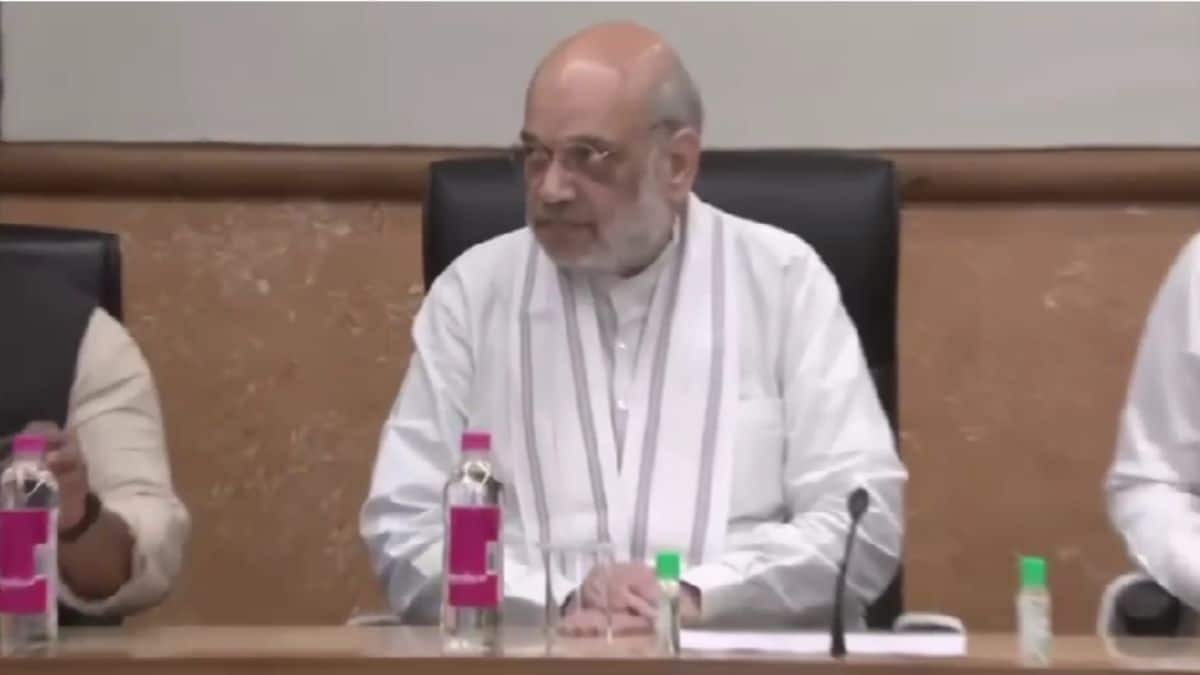The current debate over the right to privacy recalls two earlier judgments of the Supreme Court where the apex court held that privacy was not a fundamental right. These two cases —
MP Sharma vs Satish Chandra in 1954 and
Kharak Singh vs State of Uttar Pradesh in 1962 — are likely to play a crucial role in Supreme Court’s verdict on right to privacy. Its importance was highlighted during the discussion on the challenge to Aaadhar Act, in which, according to the
Indian Express, the recorded statement of the apex court said, “It is essential for us to determine whether there is a fundamental right to privacy in the Indian Constitution. Determination of the question would essentially entail whether the decisions in MP Sharma by an eight-judge bench and Kharak Singh by a six-judge bench that there is no such fundamental right is the correct expression of constitutional provisions." In fact, Chief Justice of India JS Khehar remarked that until the issue is settled, they can’t go forward. Here’s a detailed analysis of the two cases, and how they may impact the verdict today. The case of MP Sharma vs Satish Chandra (15 March, 1954) MP Sharma’s case was related to the search of documents of Dalmia group companies following investigations into the business of Dalmia Jain Airways Ltd. The group was registered in July 1946 and liquidated in June 1952. An investigation revealed malpractices within the company and highlighted attempts from shareholders to hide actual details by submitting false balance sheets. An FIR was registered on 19 November, 1953, and the district magistrate of Delhi received a request for search warrants. [caption id=“attachment_3962675” align=“alignleft” width=“380”] Representational image. Reuters[/caption] A report by
Livemint said the post-independence case involved a challenge to the constitutionality of search and seizure of documents from a person against whom a first information report (FIR) has been lodged. The main issue that was considered was whether such procedures were violative of Article 19 (1) (f) (right to property) and Article 20 (3) (right against self-incrimination) of the Constitution. The judges were to ascertain if there were any constitutional limitations to the government’s right to search and seizure and if this would in any way breach the right to privacy. Since the concept of privacy was relatively new, the bench did not focus much on details. The concept was expanded in the following years. In its judgment, the eight-judge bench comprising the then Chief Justice Mehar Chand Mahajan and Justices B Jagannadhadas, BK Mukherjea, Natwarlal H Bhagwati, Ghulam Hasan, TL Venkatarama Aiyyar, Sudhi Ranjan Das and Vivian Bose said “a power of search and seizure is, in any system of jurisprudence, an overriding power of the State for the protection of social security and that power is necessarily regulated by law. When the Constitution makers have thought fit not to subject such regulation to constitutional limitations by recognition of the fundamental right to privacy, analogous to the American Fourth Amendment, there is no justification for importing into it, a totally different fundamental right by some process of strained construction.” Kharak Singh vs State of Uttar Pradesh - 18 December, 1962 The Livemint report said, Kharak Singh vs State of Uttar Pradesh’s case brought to court the issue of state surveillance as against the right to privacy. Kharak Singh, an accused in dacoity case was let off due to the lack of evidence and challenged regular surveillance by police authorities on the grounds of infringement of his fundamental rights. Provisions of the Uttar Pradesh police regulations allowed domiciliary visits at night, secret picketing of Singh’s house, tracking/verifying his movement and periodic inquiries by officers. Singh filed a writ petition before the Supreme Court saying that this was an infringement of his fundamental rights. A six-judge bench examined the issue of surveillance and regulations validity governing the Uttar Pradesh police. The main question was whether surveillance under the Uttar Pradesh police regulations constituted an infringement of the citizen’s fundamental rights as guaranteed by the Constitution. Police authorities maintained the regulations did not infringe upon fundamental freedoms and even if they did, they served as reasonable restrictions for the general public’s interests and for the efficient discharge of police duty. In a significant judgment, the court ruled that “privacy was not a guaranteed constitutional right”. It, however, held that Article 21 (right to life) was the repository of residuary personal rights and recognised the common law right to privacy. However, the provision allowing domiciliary visits was called unconstitutional. It pointed out that fundamental rights under privacy were mutually exclusive and self-contained. Justice Subbarao was a dissenting voice who, however, said that even though the right to privacy was not recognised as a fundamental right, it was essential to personal liberty under Article 21. He also held all surveillance measures to be unconstitutional. In both the cases, the Supreme Court had stated that the right to privacy did not exist under the Indian Constitution.
The current issue of the right to privacy recalls two earlier judgments of the Supreme Court, MP Sharma’s case in 1954 and Kharak Singh’s case in 1962, where the apex court had held that privacy was not a fundamental right.
Advertisement
End of Article


)

)
)
)
)
)
)
)
)



